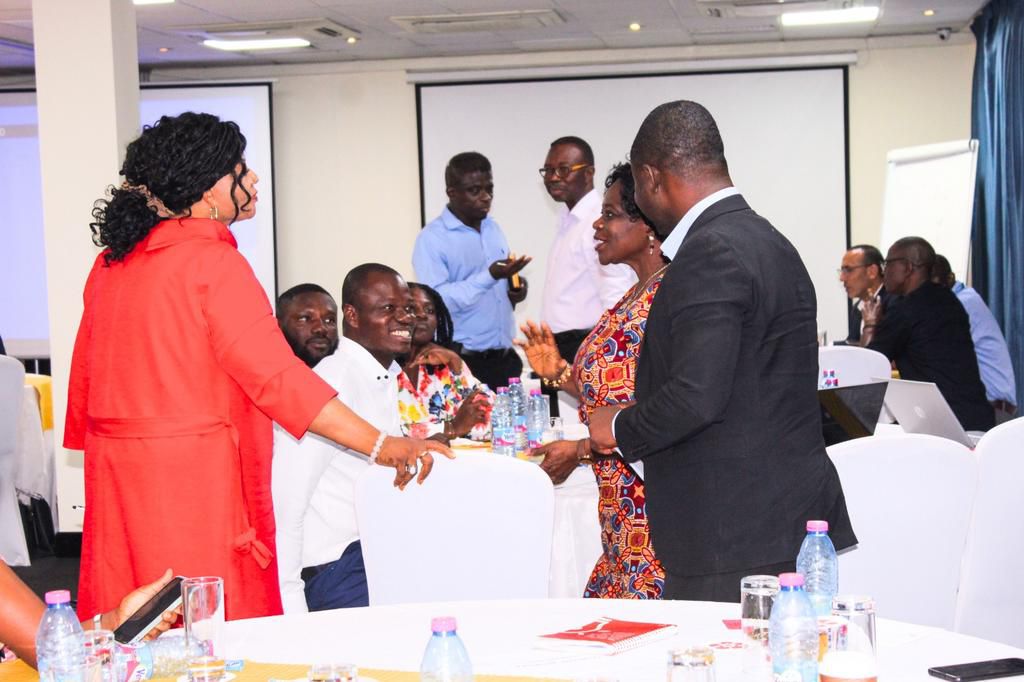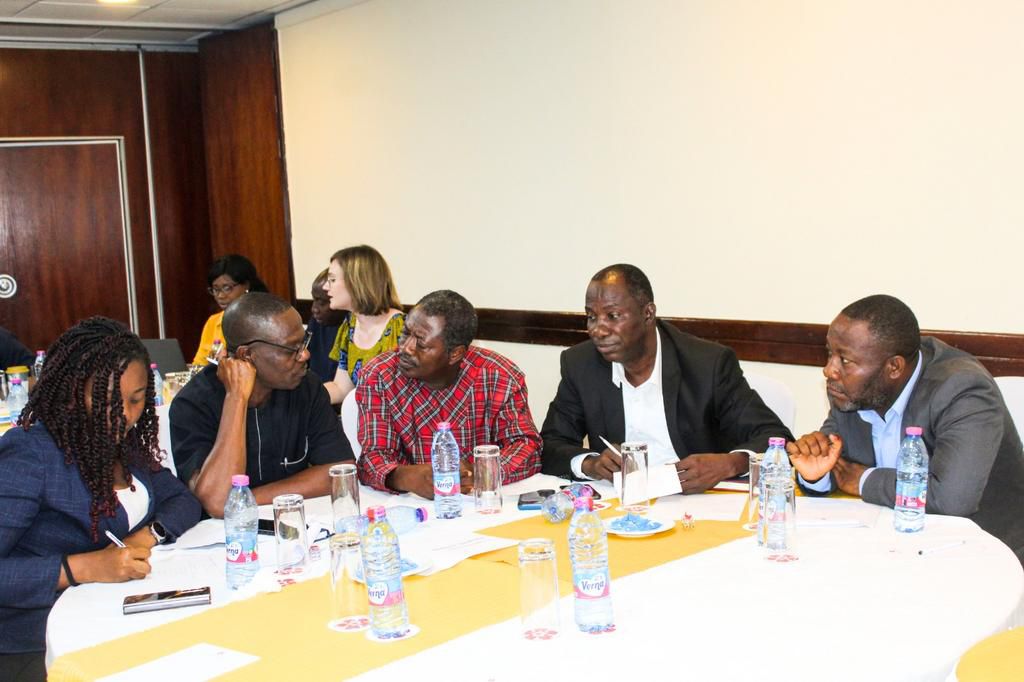ILO and GSS collaborate to enhance productivity measurement in Ghana
)
This joint effort is part of the Productivity Ecosystems for Decent Work project and is expected to have numerous benefits for the country's economy.
The proposed productivity measurement document will play a crucial role in improving evidence-based decision-making in the labour market and industrial sectors.
Additionally, it will enhance transparency and accountability in wage determination and provide a stronger foundation for sustainable economic growth and development.
Representatives from various key institutions participated in the meeting held on July 17-18, 2023. Among the attendees were representatives from the Trades Union Congress, Ministry of Employment and Labour Relations, Embassy of Norway, Fair Wages and Salaries Commission, UNFPA, Management Development and Productivity Institute, and several universities including the University of Ghana, University of Professional Studies, University of Cape Coast, and University for Development Studies.

Speaking on behalf of Vanessa Lerato PHALA, the Director of ILO Country Office for Nigeria, Ghana, Liberia, and Sierra Leone, David Marcos, the project manager for Productivity Ecosystems for Decent Work, emphasized the significance of credible data in wage negotiations for workers and unions. He highlighted the research's importance in establishing productivity benchmarks and measuring the impact of the Productivity Ecosystems for Decent Work project.
Fred Pappoe, a representative from the Embassy of Norway, expressed satisfaction with the level of discussions during the meeting. He acknowledged the multi-institutional nature of the PE4DW project and praised the active participation of key institutions in the discussion.
Dr. Priscilla Twumasi Baffour, a labour economist from the University of Ghana, presented a policy scan on productivity and decent work in Ghana. She emphasized the crucial role of decent work in mitigating the adverse effects of globalization. Dr. Baffour also identified various factors contributing to deficits in productivity in Ghana's economy, including the lack of a long-term plan for increasing productivity, poor work environments, inadequate resources, and low remuneration for workers.

Professor Ezzahid Elhadj, a consultant from University Mohammed V in Rabat, Morocco, elaborated on productivity statistics computation, specifically multi-factor productivity. He explained how multi-factor productivity measures the efficiency of an economy in using its inputs (e.g., labor and capital) to generate output. This measurement distinguishes between countries with similar capital and labor output but varying GDPs, showcasing the efficiency of their economies.
Edward Asuo Afram, the Director of Economics at the Ghana Statistical Service, pledged the Service's full support to the committees involved in the productivity measurement. He assured that the GSS would provide all necessary data for the computation of the labour and multi-factor productivity measurement. Afram expressed optimism that successful implementation of the project could revitalize Ghana's Gross Domestic Product (GDP) growth.
The stakeholders' collaborative efforts mark a significant step toward enhancing productivity measurement in Ghana, fostering a productive and sustainable economy in the years to come.
)
)
)
)
)
)